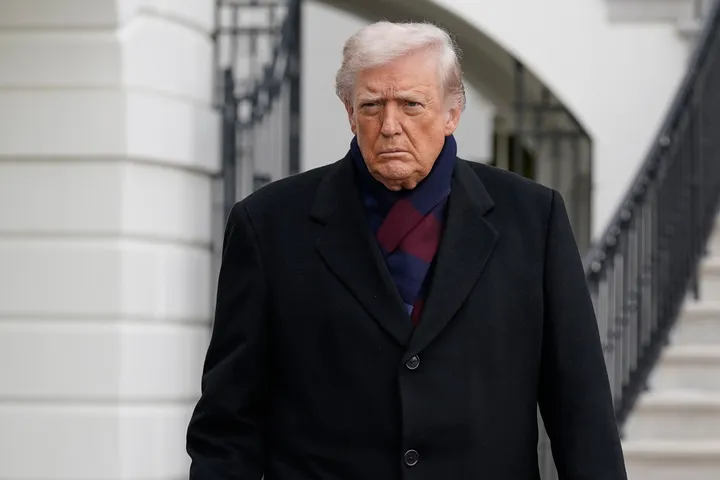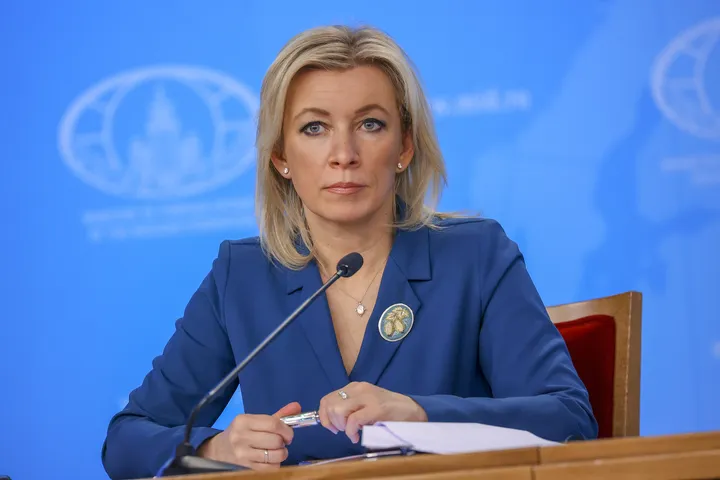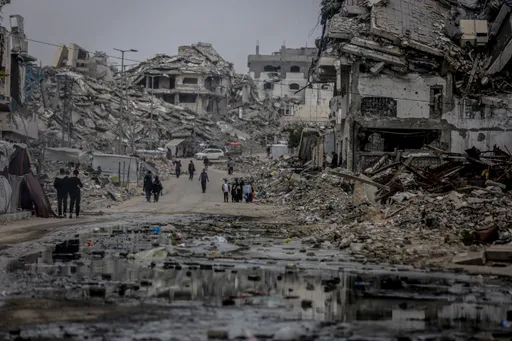The talks between the US and Taliban will continue but Washington is unable to convince the Taliban to allow the Afghan government to sit on the same table without any prior conditions.
There's some silver lining though. The Taliban representatives arrived in Moscow on Tuesday where they are scheduled to meet the Afghan opposition, led by former president Hamid Karzai.
The Taliban holds nearly half of the country under its influence and the armed group intensified its attacks on the US-backed Afghan government while entering into a dialogue with the US.
The US appointed Zalmay Khalilzad, a former American ambassador to Afghanistan, Iraq and the United Nations, to carry out peace negotiations with the Taliban. The ultimate goal of the US was to create some space for the Afghan government in the peace process.
Shortly after Khalilzad's appointment, the US started talking with Taliban in September 2018. But the Taliban’s first condition for talks with the government is the withdrawal of foreign troops before engaging with the Afghan government.
The United States sent troops to Afghanistan after the 9/11 attacks in New York and Washington.
At the peak of the Afghan invasion, the US deployed at least 100,000 troops in Afghanistan. Washington reduced the footprint of its soldiers in Afghanistan in 2014. At present, there are about 14,000 troops in the country as part of a NATO-led mission to support Afghan security forces.
According to various news reports, the US is expected to withdraw nearly half of its troops from Afghanistan by the coming summer.
Though the US has agreed to withdraw its forces from Afghanistan provided "the conditions normalise" and the Taliban calls for a ceasefire, the insurgent group is unwilling to budge on its demand of a full withdrawal of American and NATO forces.
Between 1996 and 2001, the Taliban ruled the country using a strict interpretation of Sharia law, banning girls from attending schools and women from working outside their homes.
During the most recent round of talks with the armed group, the US peace envoy underlined that Washington was committed to protect the rule of law, women’s rights and freedom of speech and expression.
The US has also been emphasising the formation of an interim government if the situation is conducive.
Rampant corruption in the Afghan government, as well as ethnic divisions, are likely to push the country into the violent spectre of civil war.
A fatigue factor is also growing within Afghan forces, who have been fighting the resurgent Taliban with limited financial support and unsteady political apparatus.
Reutersquoted a US State Department spokesman saying the talks were moving in a “positive” direction, although no agreement was reached and “a number of issues remain on the table ... including an intra-Afghan dialogue and comprehensive ceasefire”.
























